Later start time working for most students, teachers
Photo by Cameron Barnard
As a result of the later schedule, student traffic backs up at Union and Yosemite.
October 30, 2017
Sophomore Alex Molberg’s bus arrives just before 1st period, so he cannot hang out with friends before school like he did last year.
He’s not complaining, though.
“I’ll be more energetic because of more sleep,” he said.
Last spring, the school board voted for Cherry Creek Schools to start later in the morning, addressing widespread sleep issues reported by students and parents.
Molberg, like most students, strongly supports the schedule change. Last year, like many students, Molberg had trouble with getting enough sleep.
The early start time “caused me to do homework later, which cut into my sleep schedule. I was kind of tired in the morning, and I took a lot of naps,” he also said.
However, the time change may cause students and staff some problems commuting.
Several busses routinely got students to 1st period classes tardy. As of early September, students being tardy because of busses is still a problem.
The schedule change came after many community members complained the schedules did not allow middle and high school students a healthy amount of sleep each night.
The high schools in the district, Creek included, now go from 8:20 a.m. to 3:30 p.m., compared to the previous 7:10 a.m. to 2:50 p.m.
According to the Cherry Creek Schools website, The “Cherry Creek School District Board of Education” voted “unanimously” in favor of changing start times, “citing the latest research and best practices regarding sleep patterns in adolescents.”
Math and SAS teacher Annemarie Dempsey said via email that her first period students have been more alert this year.
“This year, students in 1st period, especially, appear more alert and ready to work,” she said.
She also foresees positive impacts it will have later this school year.
“Since students are more engaged this year, I anticipate that the change in time will have a positive effect on how students perform in class and as they complete work after school,” she said.
However, like many people, Dempsey believes in may be a challenge to balance school and extracurriculars.
“The only negative effect I can see on students is for those students involved in after school activities,” she said. “Students will need to be creative about completing homework while managing the time constraints of their extracurricular activities,” she concluded.
Senior Skyler Matteson also is optimistic about the later start time. “I can wake up later; I can get more stuff done,” he said.
Teenagers naturally stay up later in the night. Therefore, the amount of sleep in the morning is important. “Teens will go to bed at like 11 no matter what,” Matteson said.
Matteson, like most students, has a commute to school with traffic that seems worse than last school year. The traffic along Dayton and Union is packed with cars for more than a half mile away from Creek.
Yosemite and DTC Blvd are also very crowded in the morning, but most students are not complaining.
“The worse traffic is worth the later start time,” Matteson said.
Elementary schools now start 20 minutes before high schools and middle schools start 30 minutes after.
According to the district’s website, the district “received more than 25,000 responses” to surveys about the planned start time. A clear majority of “about 73 percent” responses “reflected support for the proposed changes.”
Last spring, district superintendent Harry Bull wrote in a statement on the district website, “the sleep research is very clear.” He went on to point out adolescents naturally stay up in the evening, and therefore receive a significant part of their sleep in the morning hours. He emphasized that a healthy amount of sleep is important for teens’ health and academic performance.
Teenagers are healthiest if they get between 8 and 10 hours of sleep each night. According to the National Sleep Foundation, teenagers naturally tend to stay awake later, it’s not unusual. In order to get enough sleep, they should wake up later in the morning.
Also according to the NSF, not getting enough sleep could cause teens to have more acne, not pay as much attention to school and friends, aggressive or impatient behavior, unhealthy diet, be more likely to get sick, drive while tired, contribute to caffeine addiction, or even alcohol or tobacco addiction. The NSF states that tired drivers contribute to 100,000 crashes every year.

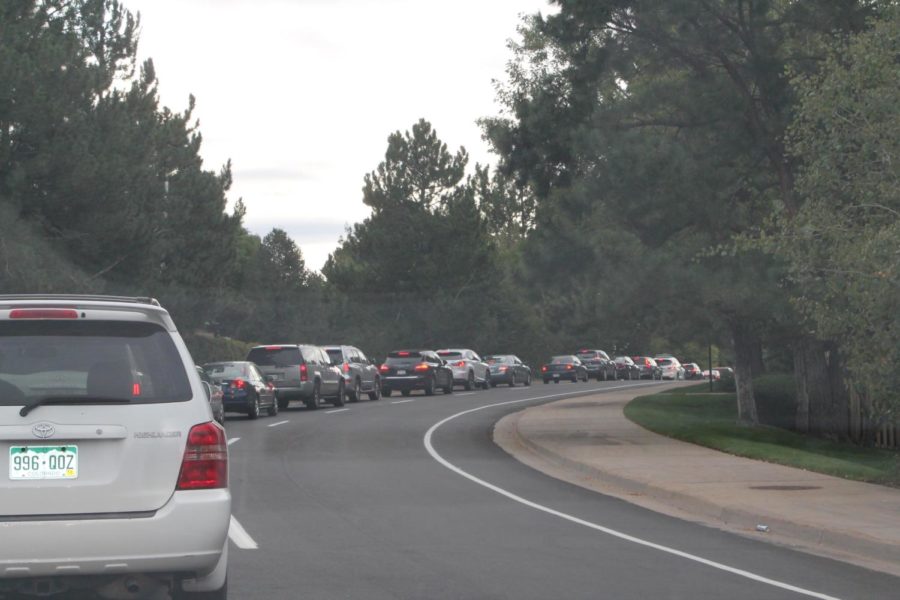
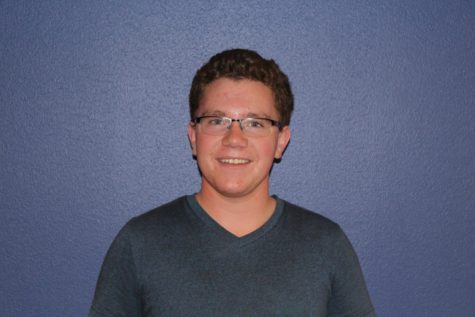



![Creek Unified, the program that promotes inclusion of those with disabilities, through team sports. “I like unified [because] I get to see my friends,” Debolt said. “And I like to play [with] all the boys.”](https://unionstreetjournal.com/wp-content/uploads/2024/04/thumbnail_WrynsEditsFINAL-email-new-keep-final-copy1-300x218.jpg)
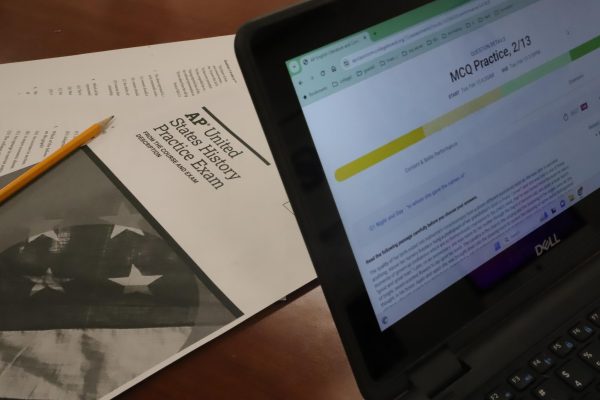




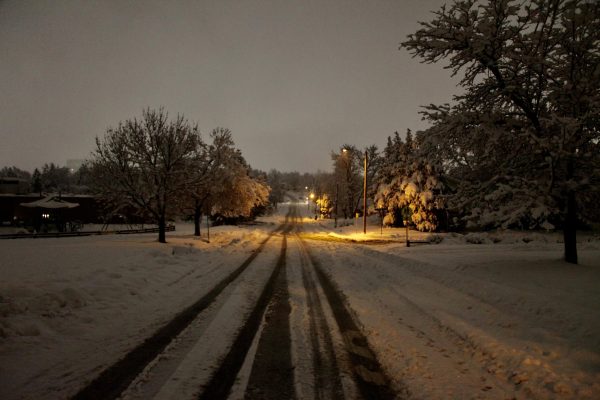
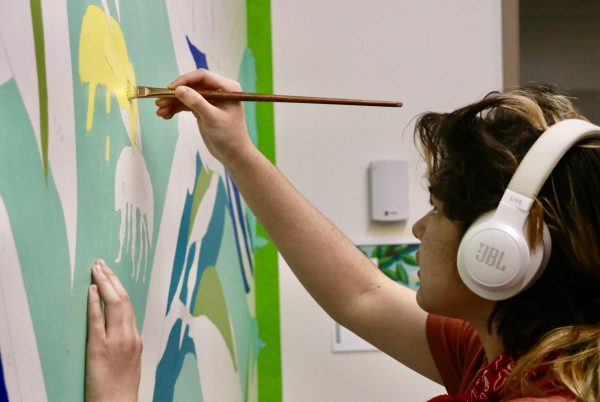
![Students at the Tri-M Music Honor Society interest meeting after school on Jan. 31 watch a presentation by club president juniors Adaire Bruff (left) and Dhruv Sodani. “I hope [members] can get a connection with kids and musicians and other departments…and get this for their resume,” Sodani said.](https://unionstreetjournal.com/wp-content/uploads/2024/02/IMG_8462-600x400.jpg)

